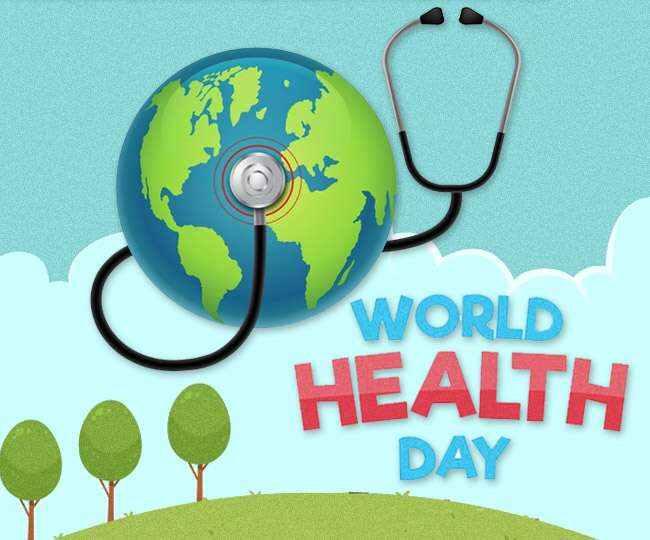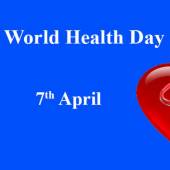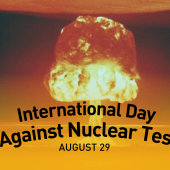World Health Day

In 1948, the World Health Organization held the First World Health Assembly and decided to celebrate April 7 of each year, starting 1950, as World Health Day.
World Health Day is held to mark WHO's founding and is seen as an opportunity by the organization to draw global attention to global health.
World Health Day is acknowledged by various governments and non-governmental organizations with interests in public health issues.
It is one of 11 official global health campaigns marked by WHO, along with World Tuberculosis Day, World Immunization Week, World Malaria Day, World No Tobacco Day, World AIDS Day, World Blood Donor Day, World Chagas Disease Day, World Patient Safety Day, World Antimicrobial Awareness Week, and World Hepatitis Day.
In 2020, World Health Day took place in the context of the COVID-19 global pandemic and was therefore launched with the theme "Support Nurses and Midwives."
Around the world, people spent the day thanking nurses and health care workers on the frontlines battling the COVID-19 coronavirus.
The US White House released a message emphasizing the role public health plays in "building strong, prosperous, and free societies around the world."
The celebration of the 2020 World Health Day took place around the world in a virtual environment through online press conferences, announcements, and social media.
Much of the efforts were focused on raising funds for the COVID-19 solidarity response fund.
This year, the World Health Day theme is focuses on the invitation to join the campaign to build a fairer, healthier world.
All over the world, people struggle to make ends meet with little daily income due to the pandemic. This leads to unnecessary suffering, avoidable illness, and premature death.
Leaders are called on to ensure that everyone has living and working conditions that are conducive to good health.
At the same time, leaders are urged to monitor health inequities and to ensure that all people are able to access quality health services when and where they need them.
COVID-19 has hit all countries hard, but its impact has been harshest on those communities that are already vulnerable and that are more exposed to the disease.
Radio Veritas Asia (RVA), a media platform of the Catholic Church, aims to share Christ. RVA started in 1969 as a continental Catholic radio station to serve Asian countries in their respective local language, thus earning the tag “the Voice of Asian Christianity.” Responding to the emerging context, RVA embraced media platforms to connect with the global Asian audience via its 21 language websites and various social media platforms.












